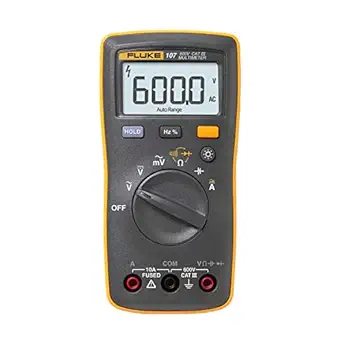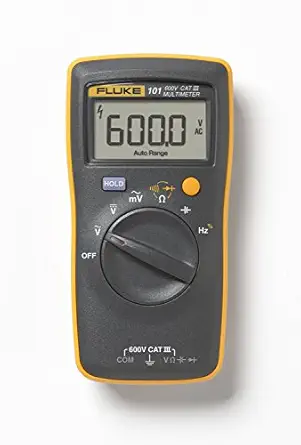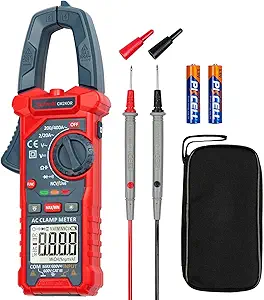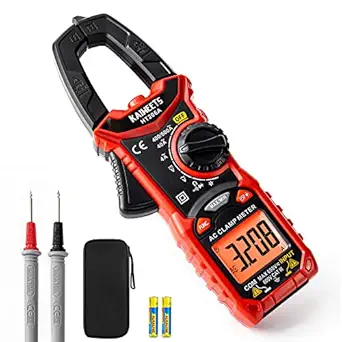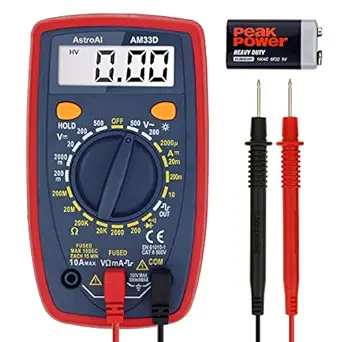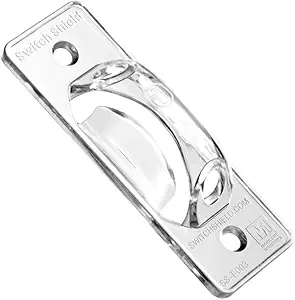The Ultimate Multimeter Buying Guide: Types, Key Considerations, Features, Prices, and Tips
Overview
A multimeter is an essential tool for anyone working with electronics. It allows you to measure voltage, current, resistance, and continuity, among other things. With so many options on the market, choosing the right multimeter can be overwhelming. This buying guide will help you understand the different types of multimeters, key considerations when choosing one, important features to look for, prices, and tips to help you get the most out of your new tool.
Types
There are two main types of multimeters: digital and analog.
1. Digital multimeters (DMMs) are the most common type. They use a digital display to show readings and are generally more accurate than analog multimeters. They can also measure a wider range of values and have more features, such as auto-ranging.
2. Analog multimeters use a needle and a scale to display readings. They are less expensive than digital multimeters and can be more durable, but they are generally less accurate and have fewer features.
Key Considerations
When choosing a multimeter, consider the following factors:
1. Accuracy: Look for a multimeter with a high level of accuracy, especially if you will be working with sensitive electronics.
2. Range: Make sure the multimeter can measure the values you need.
3. Safety: Look for multimeters with safety features such as overload protection and fused inputs.
4. Display: Consider the size and visibility of the display, especially if you will be working in low-light conditions.
5. Durability: Look for a multimeter that is built to last, especially if you will be using it in harsh environments.
Features
Here are some important features to look for in a multimeter:
1. Auto-ranging: This feature allows the multimeter to automatically select the appropriate range for the measurement you are taking.
2. Manual-ranging: Some multimeters allow you to manually select the range, which can be useful for more precise measurements.
3. Continuity: This feature allows you to test whether a circuit is complete or broken.
4. Backlight: A backlight can make it easier to read the display in low-light conditions.
5. Battery life: Look for a multimeter with a long battery life, especially if you will be using it frequently.
Prices
Multimeters can range in price from around $10 to several hundred dollars. While more expensive models generally have more features and higher accuracy, a basic multimeter may be sufficient for your needs.
Tips
Here are some tips to help you get the most out of your multimeter:
1. Read the manual: Make sure you understand how to use your multimeter properly.
2. Test your multimeter: Before using your multimeter for the first time, test it on a known voltage source to make sure it is working properly.
3. Use the right probes: Make sure you are using the correct probes for the measurement you are taking.
4. Be safe: Always follow safety guidelines when working with electricity.
FAQs
Q: Can I use a multimeter to measure AC and DC voltage?
A: Yes, most multimeters can measure both AC and DC voltage.
Q: What is the difference between auto-ranging and manual-ranging?
A: Auto-ranging multimeters automatically select the appropriate range for the measurement you are taking, while manual-ranging multimeters allow you to manually select the range.
Q: What is continuity testing?
A: Continuity testing allows you to test whether a circuit is complete or broken.
Q: How do I know if my multimeter is accurate?
A: You can test your multimeter on a known voltage source to make sure it is accurate.
Q: Can I use a multimeter to test the battery in my car?
A: Yes, most multimeters can be used to test car batteries.
Conclusion:
A multimeter is an essential tool for anyone working with electronics. By understanding the different types of multimeters, key considerations when choosing one, important features to look for, prices, and tips to help you get the most out of your new tool, you can make an informed decision and choose a multimeter that meets your needs.


